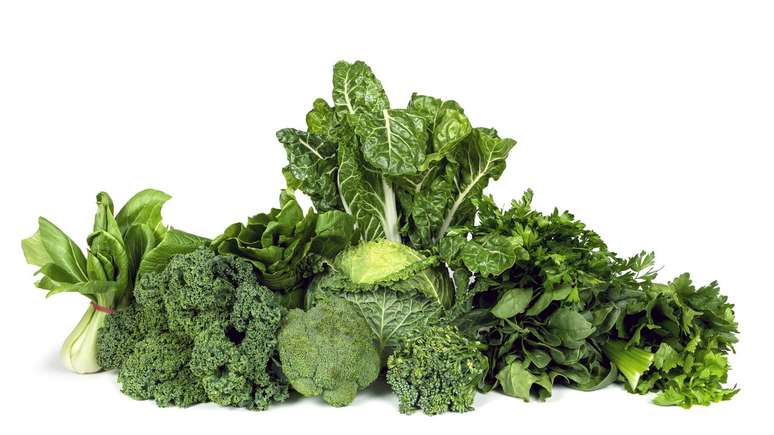Find out which foods can replace carbohydrates and transform your diet with healthy, nutritious and tasty options
A high-carbohydrate diet is common in everyday life, but some contexts require cuts or replacements of this macronutrient. Whether for health reasons, specific diets, or personal choices, many people seek alternatives to carbohydrates in their meals. This movement raises a series of doubts about which foods can provide energy without compromising variety and pleasure at the table.
Before making changes to your diet, it is essential to understand the importance of carbohydrates to the body. They play a central role in providing energy, mainly for brain functions and physical activities. Nonetheless, there are safe and nutritious alternatives that can meet the body’s needs when it comes to reducing or avoiding foods rich in starch and sugar.
What are the most common sources to replace carbohydrates?
The choice of substitutes varies depending on the objective: maintaining satiety, providing fiber or preserving the flavor of traditional dishes. Options include low-carb vegetables, lean proteins, and healthy fats. In general these foods can take the place of carbohydrates in recipes, salads and even quick snacks.
- Cruciferous vegetables such as broccoli, cauliflower and cabbage appear as an excellent alternative as they have a low glycemic index and are rich in fibre.
- Zuchinis and aubergines can be used in preparations such as pasta and gratins, adding texture and flavour.
- Egg and lean meats, in addition to protein sources, can constitute complete meals, promoting satiety throughout the day.
How to create balanced meals without conventional carbohydrates?
To maintain dietary balance during carbohydrate restriction, you need to plan your meals. The focus should be on nutrient diversity, prioritizing protein, fiber and good fats. The diversity of preparations and ingredients also helps to make the menu more attractive and nutritious.
- Assemble dishes with a base of leafy greens, such as lettuce, arugula and spinach.
- Add colorful vegetables, preferably raw or steamed, to preserve nutrients.
- Include servings of meat, poultry, eggs or tofu, avoiding excess saturated fat.
- Use seeds, nuts and olive oil to enrich meals with unsaturated fats, promoting satiety and flavor.
For breakfasts and in-between snacks, scrambled eggs, natural yogurt with no added sugar and low-fat cheeses can replace bread or cereals, helping to control the intake of simple carbohydrates.
What care is needed when replacing carbohydrates in the diet?
The decision to replace carbohydrates must be accompanied by particular attention to the individual’s nutritional needs. Not everyone can benefit from excluding these foods, especially children, pregnant women, the elderly and athletes. The consequences of drastically reducing carbohydrates can include feelings of fatigue, dizziness and vitamin B deficiency.
- Good hydration is essential to avoid discomfort caused by dietary changes.
- Vary foods to prevent nutritional deficiencies.
- Monitoring by a healthcare professional ensures that substitutions meet energy and micronutrient requirements.
The application of dietary strategies that control carbohydrates can be useful in some cases, especially in clinical conditions such as diabetes or for specific weight loss goals, always with adequate supervision.

Why choose traditional carbohydrate substitutes?
Seeking alternative options to traditional carbohydrates may be related to the need for glycemic control, weight reduction, or dietary preference. Regardless of the reason, it is possible to find a wide range of foods capable of composing balanced, tasty and nutritionally safe meals. In the current scenario of 2025, access to information and ingredients allows more and more people to customize their diet according to their needs and goals, without giving up health and variety at the table.
Source: Terra
Ben Stock is a lifestyle journalist and author at Gossipify. He writes about topics such as health, wellness, travel, food and home decor. He provides practical advice and inspiration to improve well-being, keeps readers up to date with latest lifestyle news and trends, known for his engaging writing style, in-depth analysis and unique perspectives.





![A Better Life Preview: What’s in store for Thursday 30 October 2025 Episode 453 [SPOILERS] A Better Life Preview: What’s in store for Thursday 30 October 2025 Episode 453 [SPOILERS]](https://fr.web.img3.acsta.net/img/19/c5/19c512af3e998cd1e6067fd0edf5e894.jpg)



